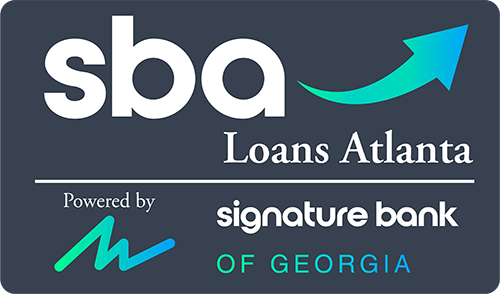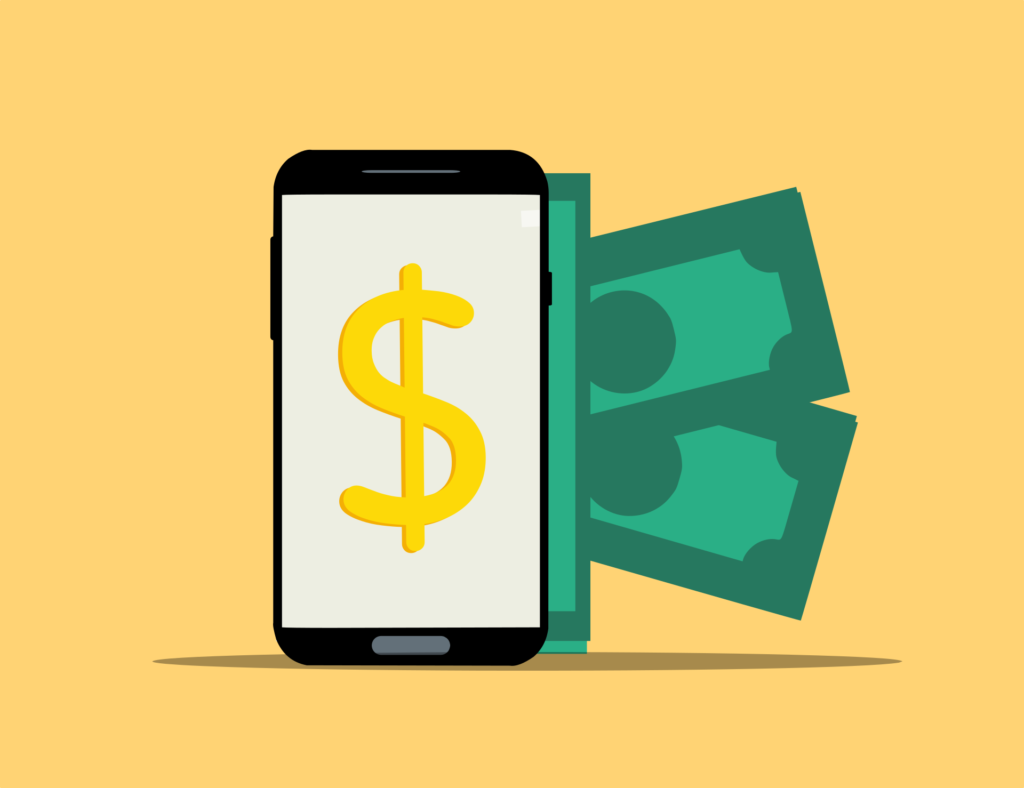Nearly one-third of millennials and Gen X have a bank account with an online-only bank. Tens of millions more adults use e-banking and mobile apps as their preferred way to manage their finances.
As popular as e-banking is, it does not come without its own set of risks and potential for financial disaster. There are some e-banking mistakes you can make that can wreak havoc on your finances in both the short term and long term.
But fear not. Arming yourself with the best online banking tips can help prevent you from making some financial disasters.
Here are 5 of the biggest e-banking mistakes you should know about, plus tips on how to avoid them.
1. Not Updating the Mobile Banking App
Using smartphone apps for online banking is the easiest way to deposit money, transfer cash, and manage your bank account. However, it is critical that you update the banking app on your phone frequently.
Not updating the app can lead to security holes that could leave your banking information vulnerable to hackers. Always update the app whenever a new update comes out.
If you are the one to forget to check if there are any security updates needed, set your e-banking app to auto-update so you never have to worry if you are using an out-of-date banking app.
2. Having a Weak Password
Of all the online banking mistakes, this may be the worst offender of them all. Using a weak password or using a password you use for all your social media accounts for your e-banking is a big mistake.
A strong password is one of the first lines of defense against hackers. There are some helpful password tips that you can use if you have difficulty coming up with a strong password.
For example, use a mix of capital letters, symbols, and numbers. Do not use easy to guess words or use personally identifying information like birthdays or pets’ names as your password.
You can also use a password manager to generate a strong password for you that you do not have to worry about remembering.
3. Falling for Phishing Scams
When you sign up for online banking, you will most likely receive email communications regularly from the bank. Hackers and identity thieves know this and will try to trick you into giving away your log-in information.
These are called phishing emails. These phishing emails will look like they come from the bank by using a similar email header or email address. They will most likely say there is an urgent, time-sensitive issue you need to correct by logging in to your account.
Instead, they take you to a dummy log-in page and track your password as you type it in.
A good rule of thumb is never to click on a link in an email. Instead, go right to your app and log in. Double-check the spelling of the email address.
Check to see if the email was sent during business hours or during odd times, like two in the morning. Banks do not typically send emails outside of normal business hours.
If something doesn’t feel right, always call your bank to confirm.
4. Using a Public Computer
There are some online banking basics that you just need to know. You should never, ever use a public computer in a library, internet café, or other public space to even check in on your online bank account.
The same goes for using public Wi-Fi. Never log on to your e-banking account on an unprotected public network. Hackers can easily break into public Wi-Fi and get access to your banking information.
Should you ever use a public computer to check your online bank account, be sure you log off. Do not simply exit out of the browser. A person who uses the computer after you can go through the history and open up your banking website, and be logged in.
5. Failing to Review Your Account Regularly
One of the best things about e-banking is how easy it is to check your bank account. No longer do you need to drive to an actual building and go inside to get an update on how much you have in your checking account.
But many people often take this convenience for granted. They think it is so easy to stay on top of their finances with an online banking account, but they fail to take advantage of it.
Be sure to regularly check your account and be on the lookout for any odd transactions. Regularly checking up on your bank account will not only help give you peace of mind, but it will help you stop any fraudulent activity the moment you see it.
Want to Know More About How to Avoid Common e-Banking Mistakes?
If you are afraid you might make some common e-banking mistakes, you are not alone. This fear is what prevents many people from diving into the online banking world. If you want to start benefiting from the convenience and ease of e-banking, you have to get over that fear. There is no better time to start your online banking journey than with a trusted financial partner.
If you live in the Atlanta area, be sure to reach out to the Signature Bank of Georgia. They are e-banking experts that can help you find an online banking account that works for your financial needs. Get started today with your e-banking account.


